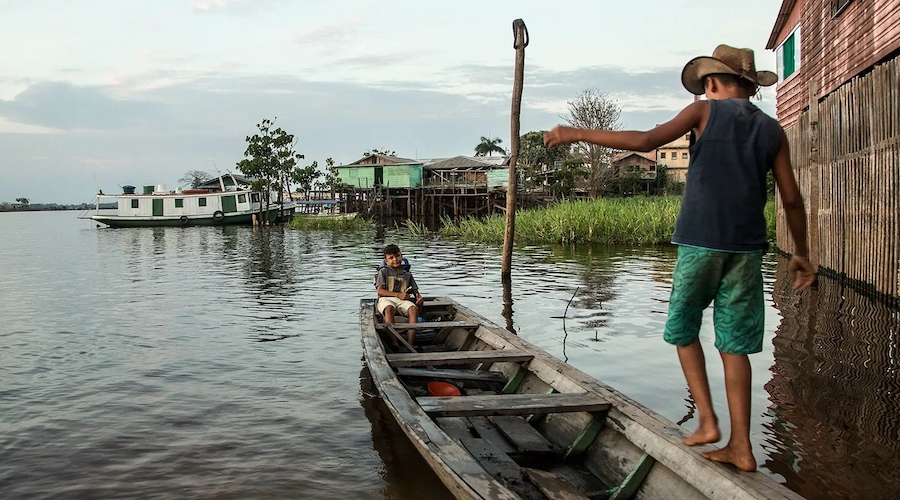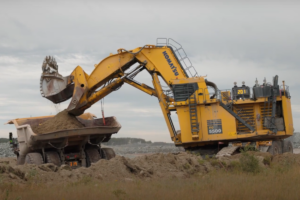The ruling responded to a new request from the federal prosecutors office (Ministério Público Federal – MPF), claiming there were serious violations and irregularities in the granting of a preliminary permit.
The MPF, which is a body independent from Brazil’s government, alleges to have reviewed audio recordings, video reports, telephone calls, and that it has have face-to-face hearings, all of which show “the chaotic situation established between the Mura people and indigenous leaders in the villages”.
This is the third time the Amazon State’s Court rules against the interests of the company, its local unit Potássio do Brasil, and its key stakeholders, including the Mura Indigenous people, chief executive Matt Simpson told MINING.COM.
The first time was 2018 and a second one in September this year. Both rulings were overturned by the Federal Court in Brasilia, which said the lower court’s judge based his decision in flawed and biased information.
Brazil Potash said it was confident the newest recent lower court ruling would be overturned by the Federal Court, given that it conflicts with a prior ruling from the top court itself, along with the “highly questionable merits of the case”.
Indigenous leaders told MINING.COM in October that there wasn’t a consensus on the benefits of the Autazes among the Mura people, with some against the project and others, such as the Mura Indigenous Council (CIM), in favour.
Brazil Potash has consistently denied any wrongdoing, adding that the opinion of 34 of the 36 villages impacted by the project were heard.
A fifth of Brazil’s potash needs
The proposed mine and processing facilities in Autazes, 75 miles (120 kms) southeast of the capital of Amazonas state, Manaus, would require about three years to complete.
The project will be built on low density cattle farm land, deforested several decades ago by prior owners, Brazil Potash says. The ore body is not located under indigenous land, but is within 10km of two reserves resulting in the need for consultations with locals.
Production is expected to start in 2026 with an initial output sufficient to cover about 20% of Brazil’s potash needs. Project capacity is pegged at 2.2 million tonnes of potassium chloride per year according to the company.
Potash is a vital commodity in Brazil, and there are several potential projects in a 400-km belt south of the Amazon which the government hopes will end its almost complete reliance on imports of the material.
The majority of potash used in Brazil comes from mines in Canada, the world’s number one producer, and Russia. Russia and Belarus jointly account for about 41% of global potash exports – but disruptions spurred importer countries to find other suppliers.
This article was published by: Cecilia Jamasmie
Visit the original article here



